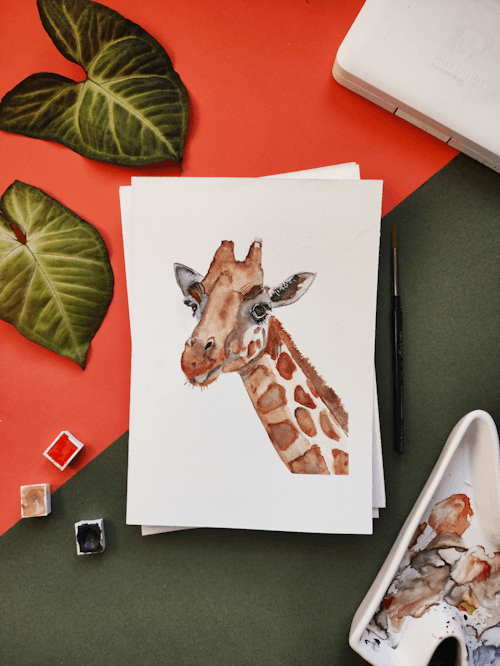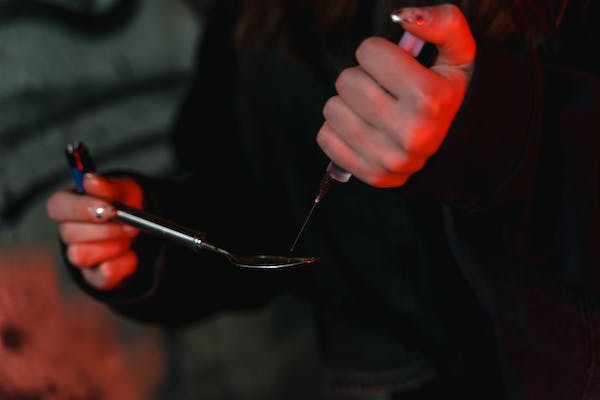Art therapy is the use of artistic methods to manage or treat psychological disorders like mental health problems and addiction.
People who use art therapy to treat individuals with mental health problems are called art therapists. They believe that when a creative expression is at play, it can improve mental wellness, and ensure healing.
The primary essence of art therapy is to apply the creative process in helping people find self-expression so that they can develop coping skills to help with any condition plaguing them.

Some of the techniques used in art therapy are collage, finger painting, photography, coloring, drawing, sculpting, working with clay, etc. While clients or patients work with art, they may be able to interpret what they created and how it made them feel.
It is interesting to mention that art therapy is effective when dealing with several mental health disorders. Sometimes, it can be applied alongside cognitive-behavioral therapy and other types of therapy.
Art therapy can be used to treat the following mental health conditions: anxiety, eating disorders, stress, post-traumatic stress disorders, etc.
Someone who has experienced a devastating or traumatic event will find art therapy useful. Such an individual might not be able to vocalize what they experienced.
However, with any of the programs in art therapy, they will be able to express what they went through. The art therapist is often skilled in almost all the programs, so they can easily tell what the patient is trying to explain.
Anyone who is experiencing severe stress would also find art therapy useful. Most of the programs in art therapy can help to alleviate stress symptoms. All you need do is to show up for them, and participate naturally. The beautiful part about art therapy is that you don’t need to be an expert at painting, collage, or any of the programs.
Usually, all that is needed from patients is their time and interest, and the art therapist will handle the rest. Additionally, everyone can benefit from art therapy irrespective of their age group, status, etc.
